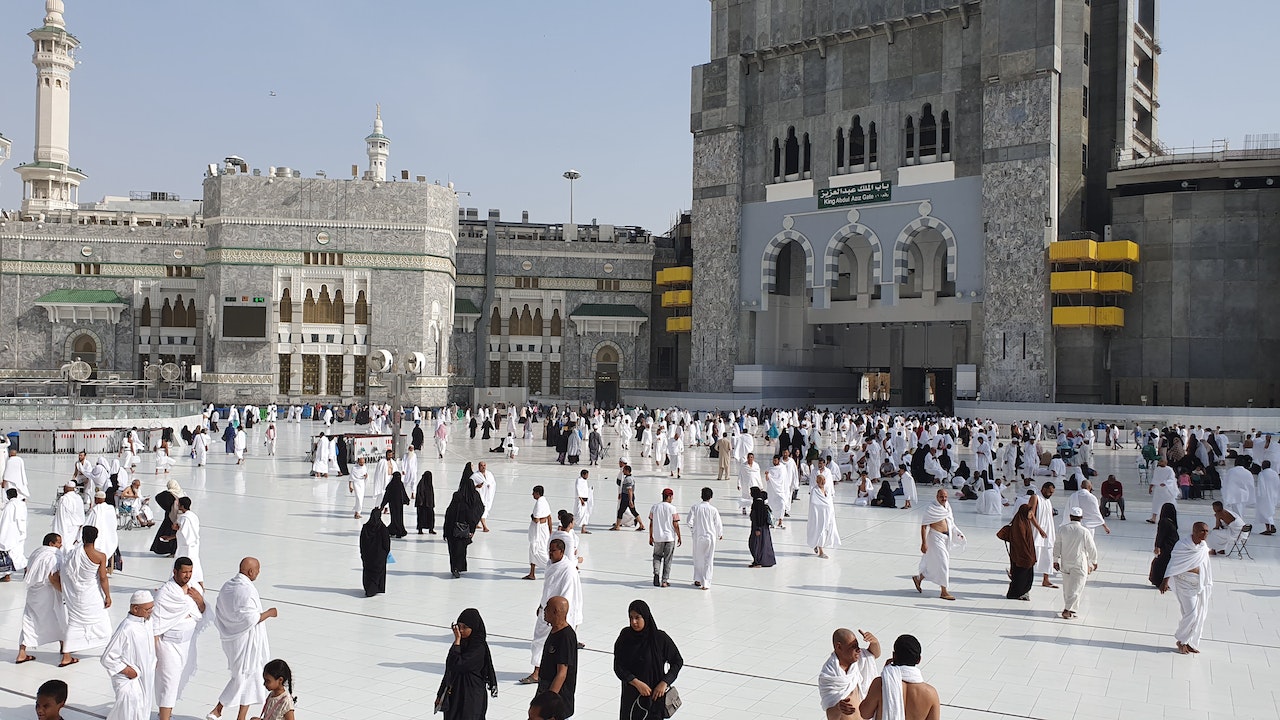Comments
- No comments found

Arab countries are making remarkable progress in understanding the transformative power of capital and its implications for their economic future.
These nations recognize that expanding the economic pie is crucial for prosperity and are increasingly focusing on capital accumulation as the primary driver of growth. While developed countries often rely on innovation to propel their economies forward, Arab countries are embracing the power of capital to pave their path to the next stage of development.
Capital, as a legal construct, possesses an extraordinary ability to generate value seemingly out of nothing. This realization is exemplified by the understanding that specific legal attributes can transform a piece of land into capital, reshaping the economic landscape in various Arab cities. Moreover, capital serves as the foundation of market economies, enabling thriving trade, investment, and entrepreneurship. Establishing property rights, enforcing contracts, and facilitating ownership transfers are crucial aspects of capital that underpin economic progress. By strengthening these foundations, Arab countries are establishing the groundwork for sustained development and the stability required for the next stage of economic growth, where productivity lies in the ability to innovate and push the boundaries of knowledge.
Capital plays a pivotal role as a funding mechanism, often in the form of reserve currencies such as the US dollar, euro, or Chinese yuan. These reserve currencies provide opportunities for international transactions, wealth accumulation, and global economic stability.
An example of this can be seen in Egypt, where the growing population and expanding market make it an attractive investment destination for Gulf investments, as demonstrated by the Abu Dhabi Holding Company's $2 billion agreement to purchase shares in various Egyptian companies. These Gulf investments have been instrumental in sustaining the Egyptian economy and benefiting both Egypt and the investing countries. Access to capital, including loans and investments, can support the introduction of new technologies, the development of products and services, and ultimately drive productivity and economic growth.
Furthermore, Arab countries are leveraging their abundant resources, such as oil, gas, and mining, to attract international capital and foster economic growth. By recognizing the value of these resources and promoting their utilization, Arab nations are strengthening their economic position and encouraging regional and global trade partnerships, leading to mutual prosperity.
Several Arab countries, including Morocco, Egypt, the UAE, and Saudi Arabia, are boldly embracing the multifaceted nature of capital as a legal construct, a cornerstone of market economies, and a funding mechanism through reserve currencies and resource valorization. These nations are actively working towards developing robust legal frameworks that safeguard property rights, enforce contracts, and facilitate ownership transfers. These proactive measures aim to foster an environment that promotes capital accumulation, attracts investments, and drives sustainable economic development.
The implications of this paradigm shift in Arab nations are far-reaching. As of January 2023, the market capitalization of companies listed on the Saudi Arabia Stock Exchange surpassed the combined capitalizations of the stock markets of Italy, Spain, and Portugal, reaching an impressive $2.7 trillion.
As the global community witnesses this awakening, it becomes increasingly evident that Arab countries are poised to emerge as key players in the global economic landscape.
Leave your comments
Post comment as a guest